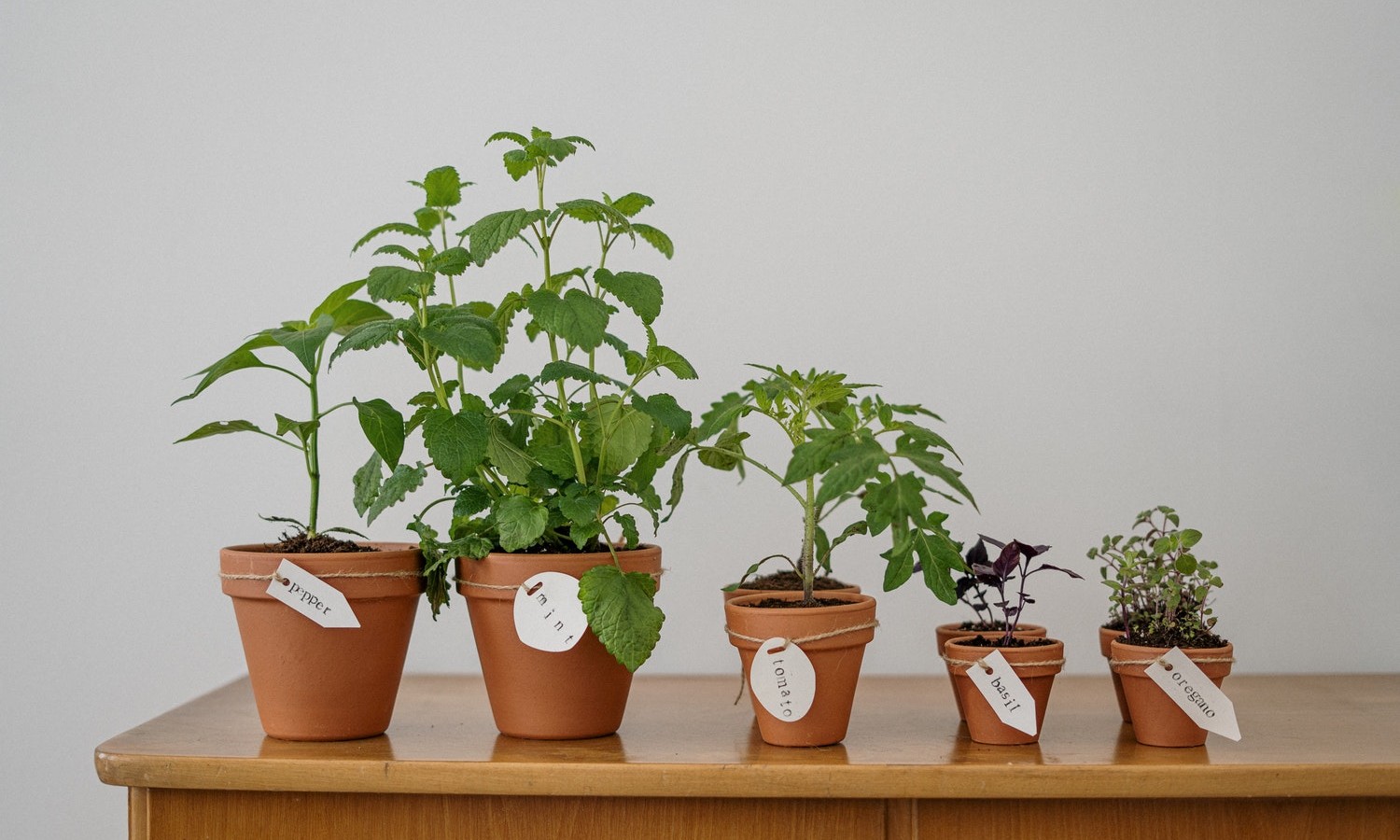If you like the idea of entrepreneurship and you’re interested in improving or protecting the environment, you might love the idea of starting a sustainable, eco-friendly business. But what does it take to make a business sustainable? And are some businesses easier to make sustainable than others?
How Any Business Can Be Sustainable
Depending on your definition, almost any type of business has the potential to be “sustainable.” If you hire an environmental consultant, they’ll be able to help you identify elements of your business that need to be addressed or altered, such as:
- Complying with environmental regulations. Certain regulations restrict how businesses can impact the environment. It’s almost impossible to do all the requisite legal research on your own, so it pays to have a consultant on your side to guide you.
- Using the right products. Different products and services have differing levels of impact on the environment. If you want to ensure your business remains sustainable, it’s important to source the right materials.
- Using raw materials and natural resources responsibly. Additionally, it’s important for your business to use raw materials and natural resources responsibly. You shouldn’t be depleting finite resources or contributing to long-term environmental problems.
- Reducing, reusing, and recycling. This mantra and environmentally focused hierarchy has been used for decades to help businesses and individuals consume responsibly. Still, it’s sometimes hard to know what can be reduced, reused, or recycled.
- Reducing energy use. And of course, it’s important to reduce the amount of energy consumed by your business, whether it’s in the form of electricity, fuel, or some other medium.
Types of Sustainable Businesses You Can Start
Of course, if sustainability is one of your biggest priorities and you’re interested in starting a small business, you can choose a type of business that lends itself to sustainability.
These are some of the best examples:
1. Home agriculture. If you’re interested in growing your own food or making use of your own land, you could start a home agriculture business. You’ll have a lot of flexibility here; you can grow your own vegetables, raise animals, or even grow gourmet mushrooms. Selling your wares at a local farmer’s market could be profitable – while helping everyone else in your city shop locally.
2. Energy auditing. Are you passionate about helping other businesses go green? Consider becoming an energy auditor and making active recommendations to local business owners for how they can reduce energy consumption and become more sustainable.
3. Home cleaning. Practice “green” home cleaning with all-natural products – and hire a team of people to help you.
4. Grant writing. Write grants or practice fundraising for sustainability and environmentally protective organizations you respect.
5. Sustainable energy provision. Find a way to improve sustainable energy production, such as making or selling solar panels.
6. Sustainable event planning. Help businesses plan events in an environmentally safe, sustainable way. Of course, you may need some formal education and training to be qualified for this.
7. Opening a used bookstore. Prevent books from being thrown away by opening up a used bookstore and buying from the public.
8. Opening a thrift store. Take donations of used items instead of sending them to a landfill, then sell them for a profit.
9. Opening a consignment shop. Open a consignment shop and allow local people to sell their wares locally. It’s also a great way to get to know small business owners in your area.
10. Selling or renting bicycles. Bicycles are one of the “greenest” ways to travel, so why not enable more people to partake in the activity? Sell or rent bikes to the public and encourage the habit.
11. Starting a blog. Starting a blog doesn’t take much energy or use many finite resources – and it’s something you can do entirely from home. You can even start a blog about your sustainable lifestyle, or about the importance of sustainability (just be aware that there’s a lot of competition in this space).
12. Taking photos. You could also become a photographer and take digital photos. Depending on your goals, you could take artistic photos, stock photos, or photos of paying clients (like for a wedding or other special event).
13. Selling items made from recycled materials. Consider using recycled materials to make products and sell them online. Depending on your skills and interests, you could make clothes, accessories, practical items, or even abstract art from recycled materials or trash you’ve collected.
With these businesses, sustainability is practically built-in – and you might have the power to help other people and other businesses adopt a more sustainable lifestyle in the process. Think carefully about your decision, write up a business plan, and make sure you have a way to distinguish your business from your competitors.


